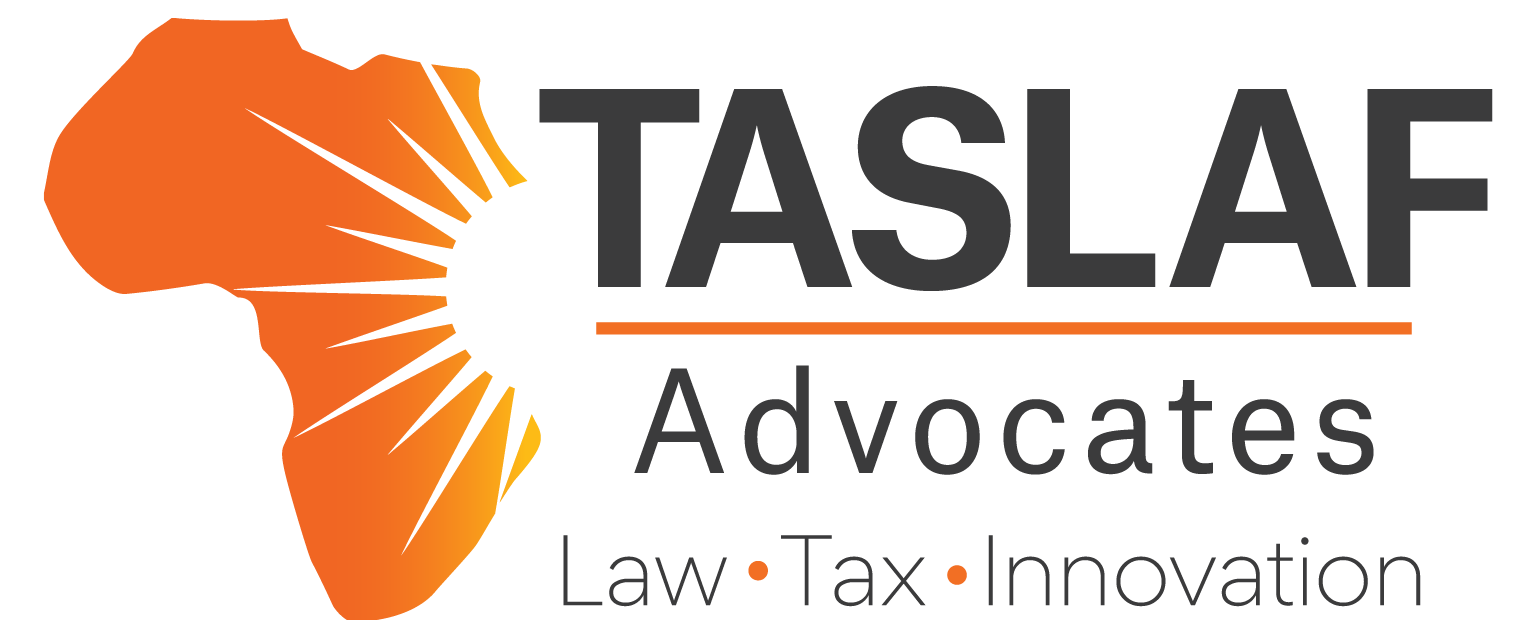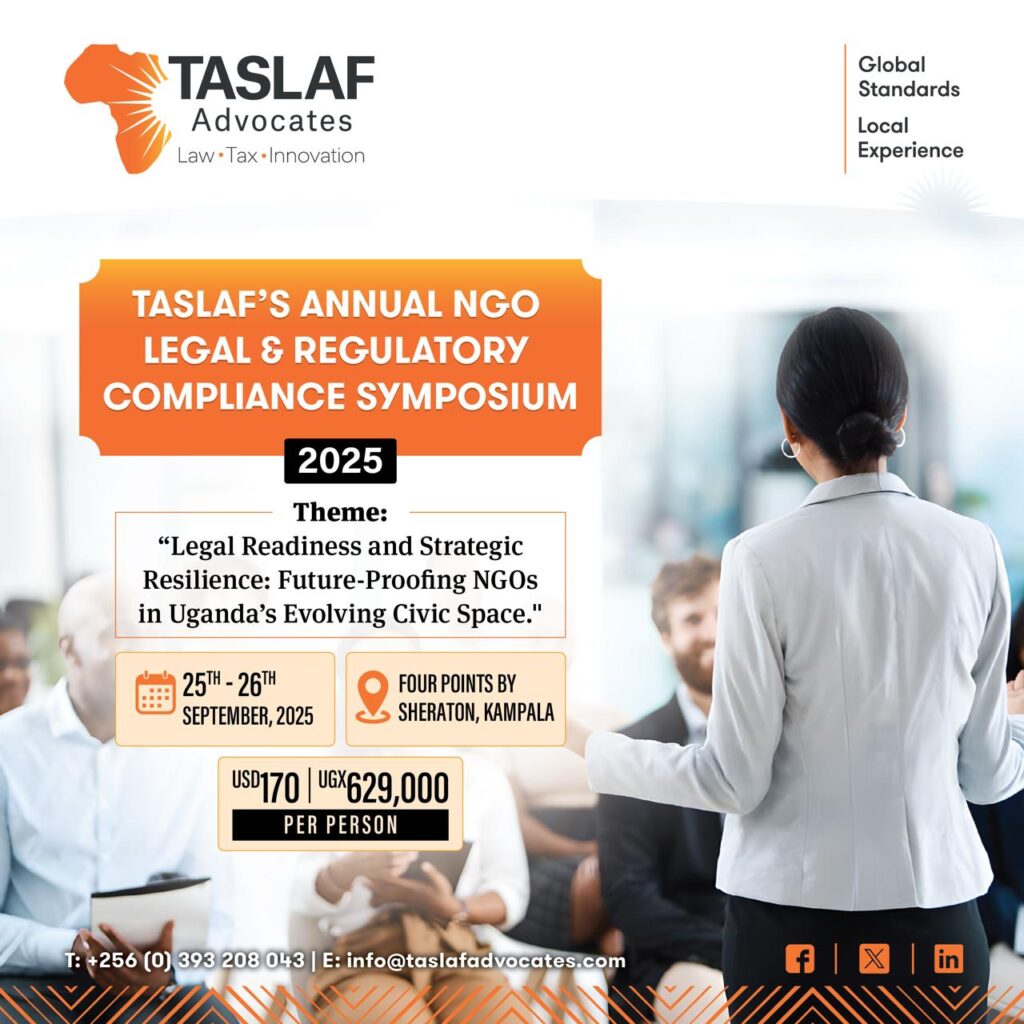Introduction:
On 15th July 2024, The President of Uganda assented to the NGO (Amendment) Act, 2024 sparking discussions about its potential impact on the country’s Non-Governmental Organizations (NGOs). The amendment now mainstreams the National Bureau for Non-Governmental Organisations as a government department under the Ministry of Internal Affairs.
This amendment is part of the government’s broader Rationalization of Government Agencies and Public Expenditure (RAPEX) policy, aiming to rationalize various entities by streamlining operations and reducing administrative costs.
Until now, the National Bureau for Non-Governmental Organisations has been a semi-autonomous body under the Ministry of Internal Affairs established under the NGO Act, 2016. It was given the mandate to register, regulate, coordinate, inspect, monitor and oversee all NGO operations in the country.
The Amendment’s Key Changes:
The amendment focuses on centralizing the oversight of NGOs under the Ministry of Internal Affairs. This new law would mean:
- Shifting Oversight: The National Bureau of Non-Governmental Organizations (NGO Bureau), that has currently been responsible for NGO registration, regulation, and monitoring, will now see its functions transferred to the Ministry of Internal Affairs.
- Dissolution and Restructuring: The independent NGO Bureau will be dissolved and re-established as a department within the Ministry. This will eliminate the Bureau’s existing governance structure, including the Board of Directors and the Executive Director position.
- New Leadership: The Bureau, as a department within the Ministry, will be headed by a Secretary with a public office status within the Ministry, accountable to the Permanent Secretary of the Ministry. The Secretary will oversee the Bureau’s daily operations, manage its finances, and administer its assets.
Please note that the amendment does not affect permits, certificates or authorizations issued by the NGO Bureau.
Potential Implications for NGOs:
The shift in oversight could bring both opportunities and challenges for Ugandan NGOs. Here’s a breakdown of some potential impacts:
- Increased Scrutiny: NGOs might face stricter regulations and more rigorous reporting requirements under the Ministry of Internal Affairs.
- Alignment with Government Priorities: Closer government oversight could lead to a need for NGOs to align their activities more closely with government agendas and priorities.
- Impact on Advocacy: Concerns exist about the potential limitation of NGO advocacy and independence. Closer monitoring by the government could restrict NGOs’ ability to critique government policies or engage in activities perceived as contradictory to government interests.
- Potential Benefits: There’s a possibility of increased capacity building support for NGOs. The Ministry could offer training programs, technical assistance, and networking opportunities.
- Streamlined Operations (or Bureaucracy): Consolidating functions like registration and reporting under one government entity could lead to improved efficiency. However, there’s also a risk of increased bureaucracy and delays in processing.
Conclusion:
While the amendment aims at streamlining and efficiency, many have argued that the role of the Ministry of Internal Affairs has more to do with policing the NGO sector rather than playing a more supportive role to ensure that the sector grows and performs its mandate without any hindrance.
Although the President of Uganda assented to the amendment, the usual day-to-day operations at the NGO Bureau will continue until the amendment is commenced. The amendment Act shall commence, on a date appointed by the Minister of Internal Affairs by Statutory Instrument. It’s crucial for NGOs to closely monitor these changes.

Stephen Tumwesigye
Managing Partner
M: +256 (0) 774 334 908
E: stumwesigye@taslafadvocates.com

Partner
M: +256 759 757 180
E: info@taslafadvocates.com

Legal Associate
M: +256 701 810 050
E: suzama@taslafadvocates.com

Nanjobe Ruth
Legal Associate
M: +256 704 604 635
E: rnanjobe@taslafadvocates.com




